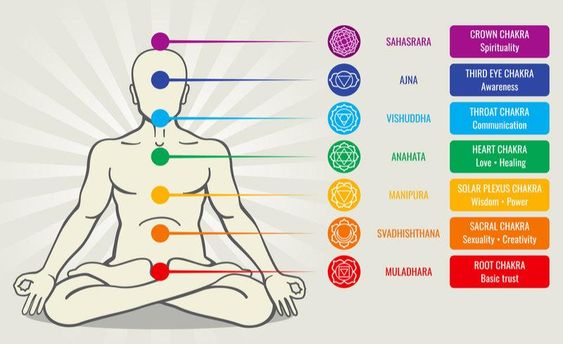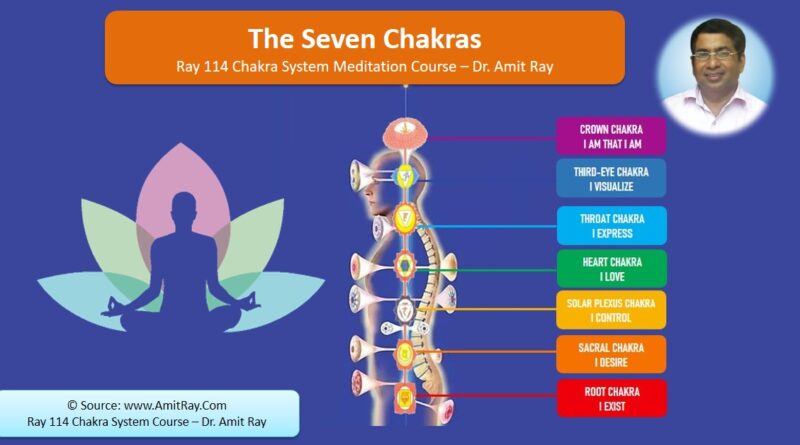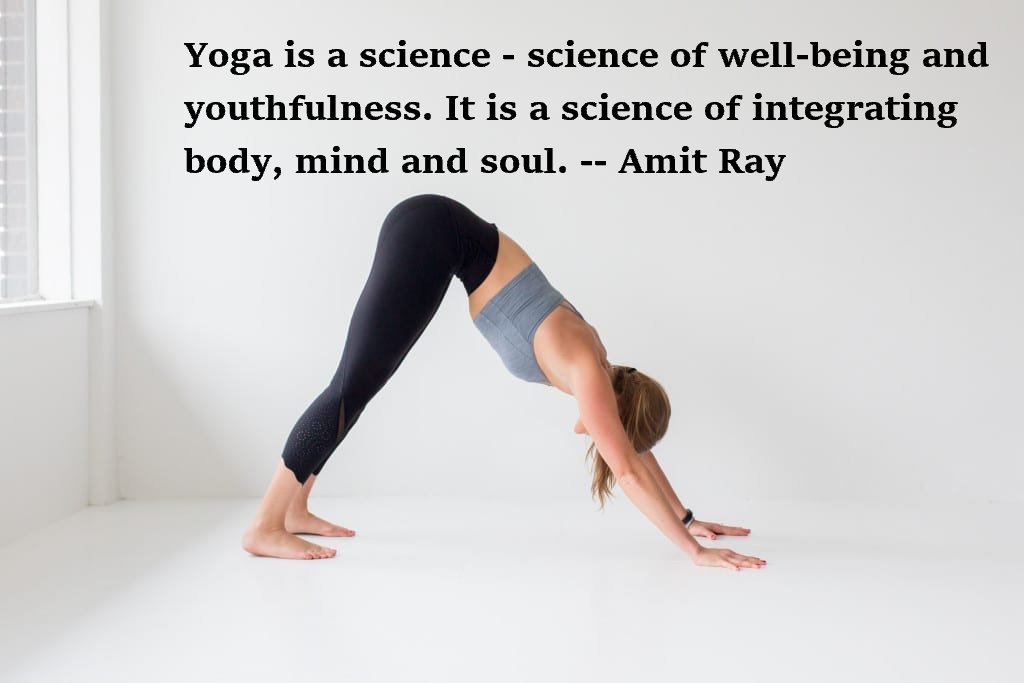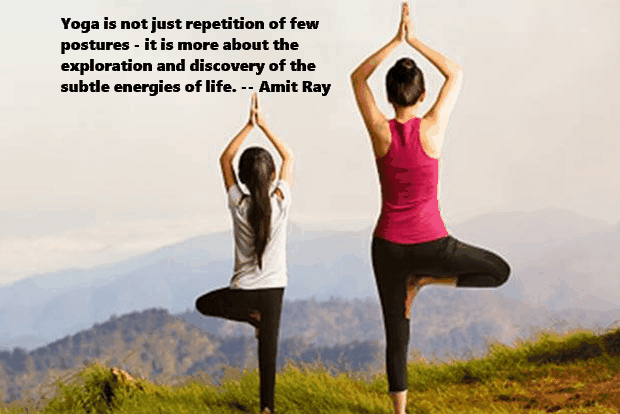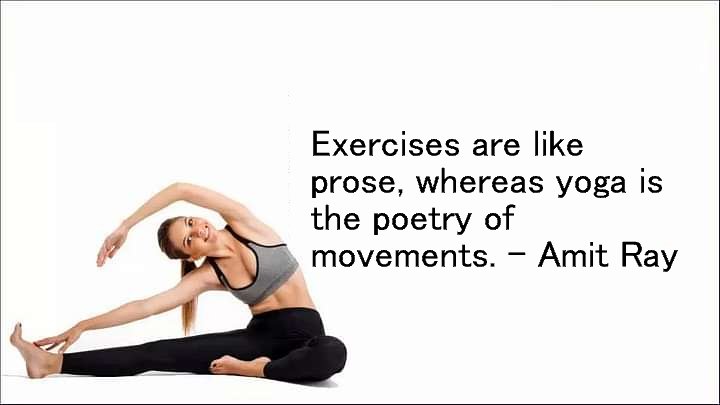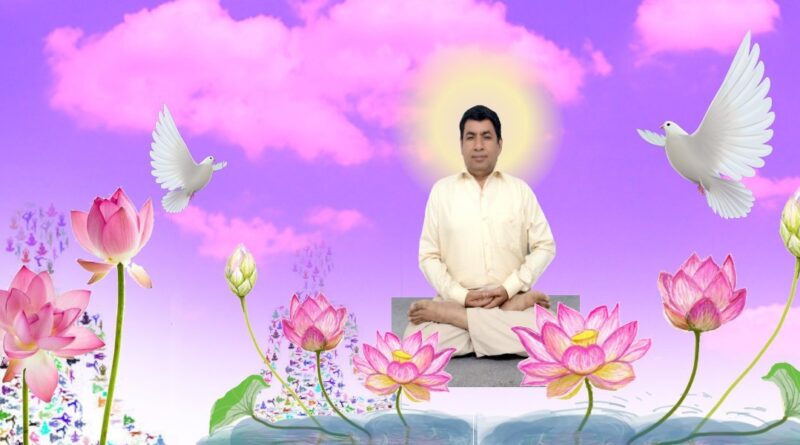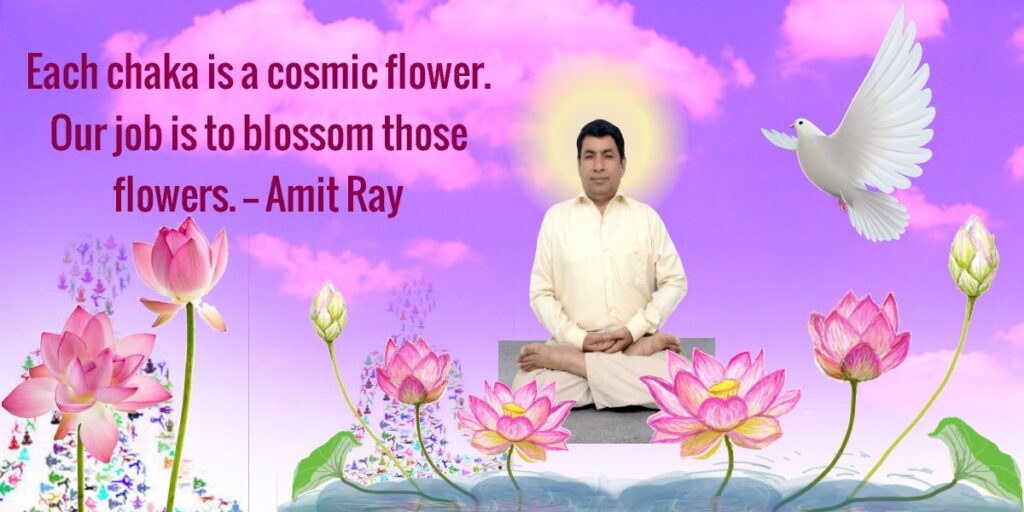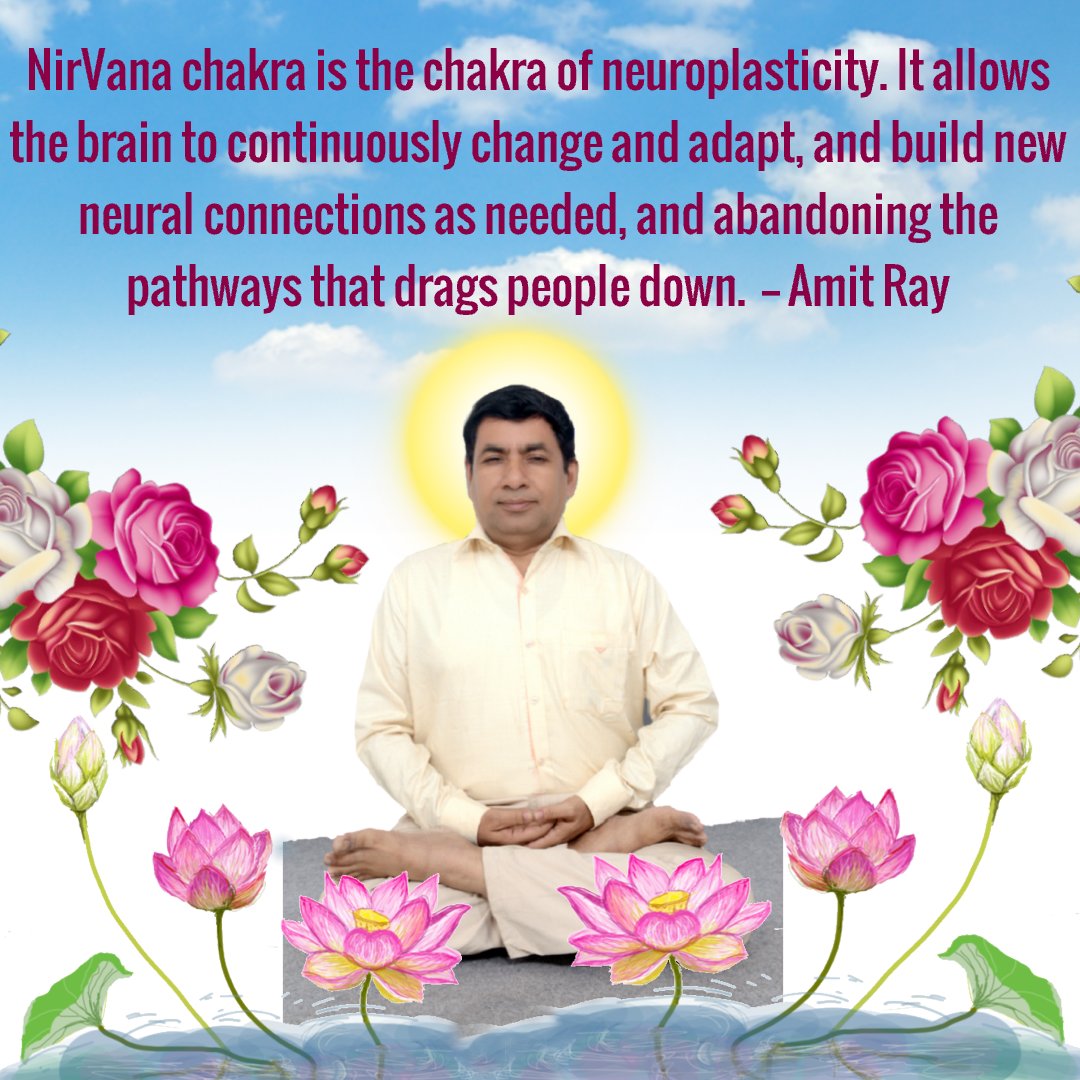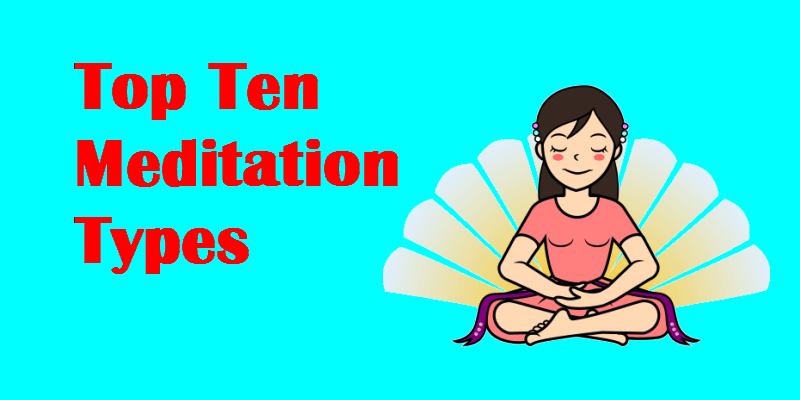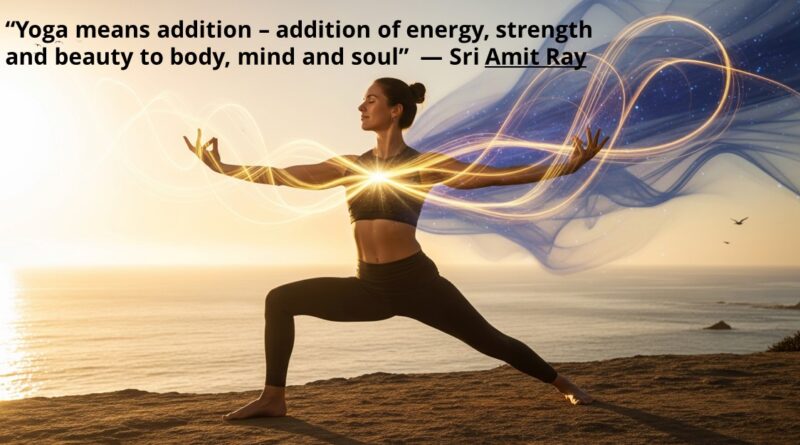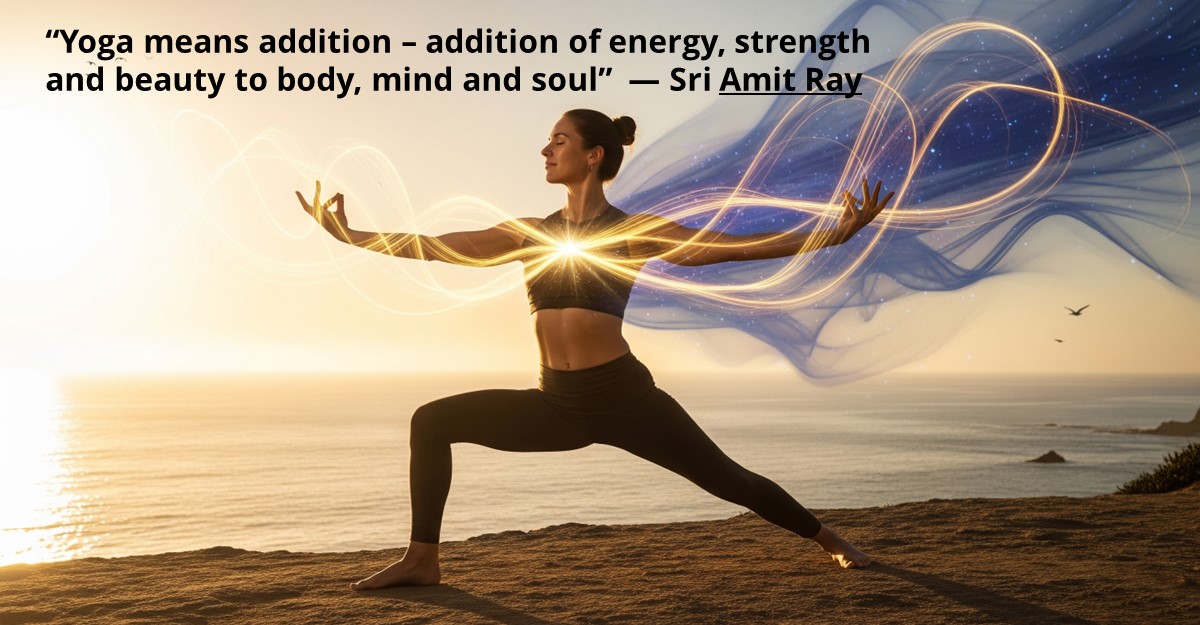Chakra Stones and Crystals for Healing and Balancing
What are the common stones and crystals for healing and balancing the 7 chakras. How stones are used to bring emotional balance, health and prosperity?
Chakras, meaning wheel or disk, are centers of energy that run down the center of our body. There are 114 chakras in human body as Sri Amit Ray discovered them in his deep meditation. However, the 7 chakras are very popular. How to activate these chakras?
Each chakra receives energy from heaven (like galaxies and constellations at night and the sun during the day) and earth––as the earth’s rotation gives off energy. If the chakras are balanced, then they will gain and release the right of amount of energy to keep your body, mind, and spirit healthy.
On the other hand, if the chakras are losing too much energy or holding onto too much energy, it can lead to physical illnesses, spiritual instability, and emotional …
Read more